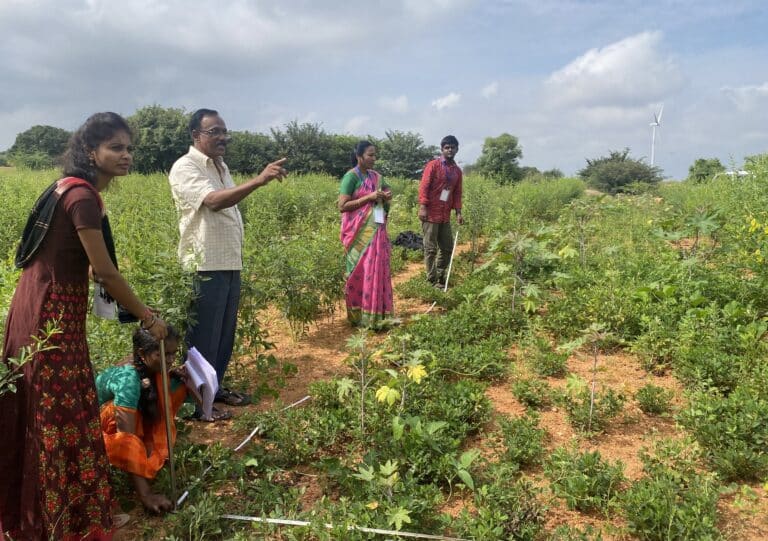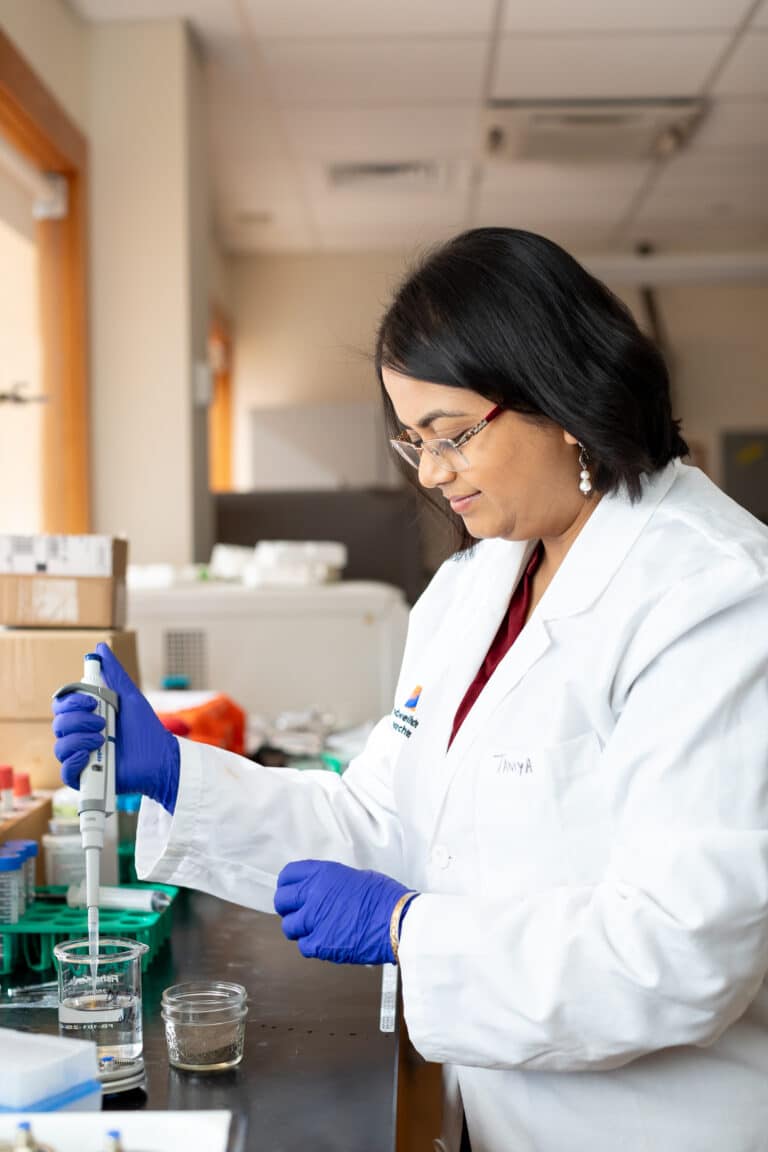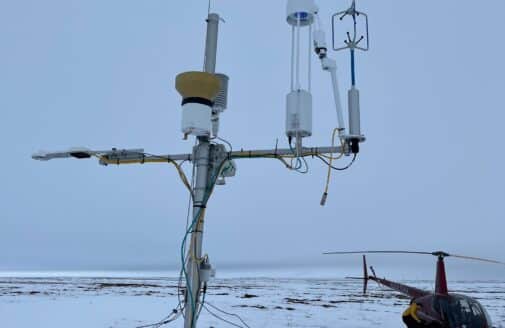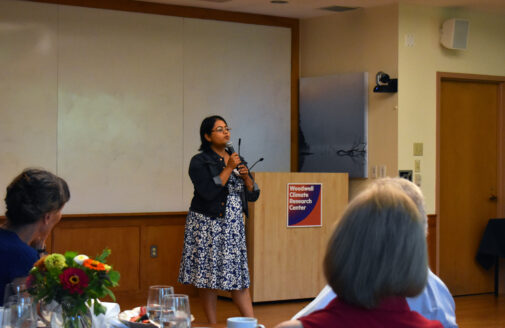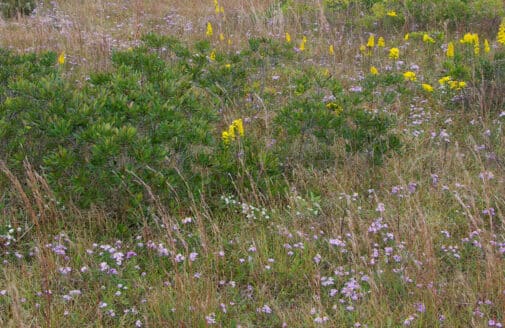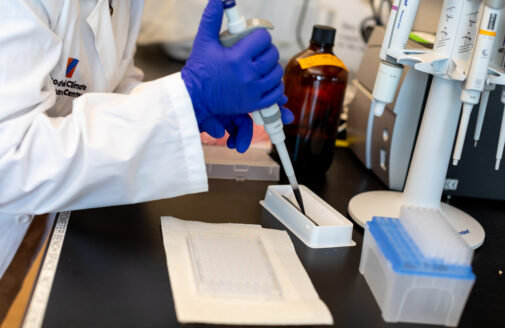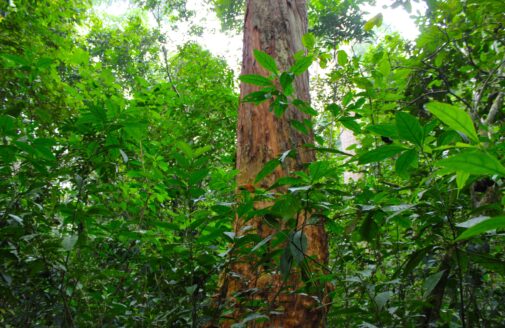I use molecular microbiological, biogeochemical, and soil science approaches to ally microbial identity with metabolic functions to further our understanding of the soil microbial world using multidisciplinary approaches. My current current research projects, interests, and study sites include:
- Enabling evidence-based scale-up of Natural Farming in India: A long-term assessment of Andhra Pradesh’s Community-Managed Natural Farming Programme
- Blue carbon outcomes of restored wetland ecosystems
- Pathways of carbon metabolism under cover crops
- Shallow or Deep: Can cover crops make soil carbon stick?
- Cover crops and full profile carbon stocks: Observations from commercial trials
- Spatial structure and variability of soil health indicators within a three state soil carbon monitoring project
I earned my Ph.D. in soil microbiology from the Ohio State University and went on to complete postdoctoral fellowships with the US Department of Energy national laboratories. At Oak Ridge National Laboratory, I worked on Arctic permafrost ecosystems as part of the Next-Generation Ecosystem Experiment-Arctic studying the importance of microbial processes in controlling carbon loss from these vulnerable ecosystems as permafrost thaws. At the Pacific Northwest National Laboratory, I led studies on the soil microbiome that helped predict the microbial metabolic responses that significantly impact methane production from a tidal wetland system in the Pacific Northwest.
I also worked as research faculty in the Department of Environmental Science and Technology at the University of Maryland, College Park, leading a study on the quantitative microbial ecology of a restored wetland in the Delmarva Bay. I started my journey studying agricultural systems as a Research Soil Scientist with the USDA. I have since been interested in regenerative agricultural practices which focus on preserving soil health and mitigating global greenhouse gas emissions.
I have served as a grant proposal reviewer for multiple US federal agencies including the NSF, DoE, and USDA.
I draw my motivation to continue my work finding solutions for hard problems, like climate change, from my young child. I hope a better fundamental understanding of soil systems will help us accomplish that.





